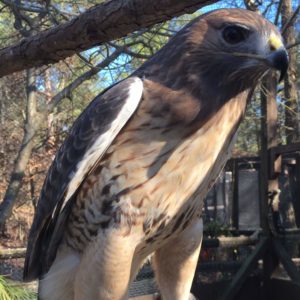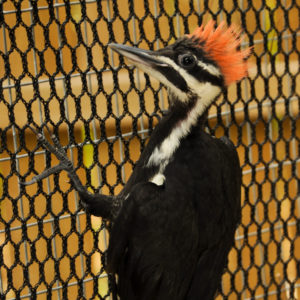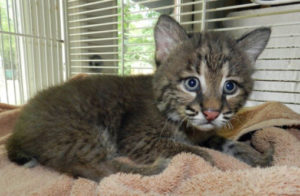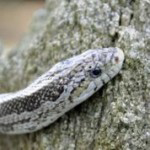QUICK HELP FOR AN INJURED OR ORPHANED ANIMAL
If you find an injured or orphaned animal, please contact our help desk via this form to get specific instructions and possibly direction to bring the animal to us. The help desk will respond ASAP, generally within a couple hours between 10a-7p, 365 days/year.
In the meantime, while you wait for a response, there are steps you will want to take (and a few things you will want to avoid). Click the type of animal you are helping below to see what to do:
Birds of Prey Restraint & Temporary Care
- They can grab with their beaks but it does not usually hurt.
- Talons are very sharp and can cause serious injury. Direct contact with the talons should be avoided at all costs.
- Use an appropriate-sized towel to gently restrain around the wings. Take care not to squeeze the body. Birds must be able to move their chests in order to breathe.
- Place the bird in a carrier that already has air holes.
- Place the carrier in a quiet, dark place that is warm and dry.
- Do not feed or water unless we have advised you to do so.
- Transport to a rehabilitator as soon as possible.

Songbird Restraint & Temporary Care
- They can bite but it does not usually hurt.
- Use an appropriate-sized towel to gently restrain around the wings. Take care not to squeeze the body. Birds must be able to move their chests in order to breathe.
- Place the bird in a carrier that already has air holes.
- Place the carrier in a quiet, dark place that is warm and dry.
- Do not feed or water unless we have advised you to do so.
- Transport to a rehabilitator as soon as possible.

For further assistance in deciding whether and how to help a songbird, check out this flowchart. For further questions, please do contact our help desk.
Waterfowl Restraint & Temporary Care
- They may grab you with their beaks but it does not usually hurt.
- If the wing has been injured at least a week, the wing does not touch the ground, and/or the bird currently lives near the water (allowing access to food) please leave the bird alone and do not attempt to rescue.
- A new wing injury or other injuries often require rescue.
- You will need a large towel or blanket and possibly the assistance of one additional person. Carefully approach the bird and gently restrain by placing the towel around the wings. Take care not to squeeze the body. Birds must be able to move their chests in order to breathe.
- A carrier with air holes should be placed nearby. Place the bird in the carrier
- Place the carrier with the bird in a quiet, dark place that is warm and dry.
- Do not feed or water unless we have advised you to do so.
- Transport to a rehabilitator as soon as possible.
Mammal Restraint & Temporary Care (Squirrels, Chipmunks, Opossums, Raccoons, and more)
- Some mammals may carry rabies, which may be transmitted to humans through a bite or contact with saliva. Do not restrain or capture juvenile or adult foxes, bobcats, beavers, coyotes, opossums, groundhogs, deer (without spots), or other mammals unless a licensed wildlife professional has advised you to do so.
- These animals may bite so take care to avoid the face and mouth should you come in contact with them. If you are bitten, please contact your physician for advice.
- If you have been advised by us to do so, use an appropriate-sized towel or blanket to gently restrain. Place the animal in a carrier that already has air holes.
- Place the carrier in a quiet, dark place that is warm and dry.
- Do not feed or water unless we have advised you to do so.
- Transport to a rehabilitator as soon as possible.

Orphaned Bobcat
We also have flowcharts and visual guides for further help figuring out what to do with baby rabbits and baby squirrels. For further questions, please do contact our help desk.
Restraint & Temporary Care for Reptiles & Amphibians
- These animals may bite so please avoid contact with the head and mouth.
- Use a towel to gently restrain. Place the animal in a carrier with air holes.
- Place the carrier in a quiet, dark place that is warm and dry.
- Do not feed or water unless we have advised you to do so.
- Transport to a rehabilitator as soon as possible.

Thanks for learning about how to take care of orphaned or injured wildlife.
Fill out the form and one of our wildlife experts will get back to you with advice and next steps!
